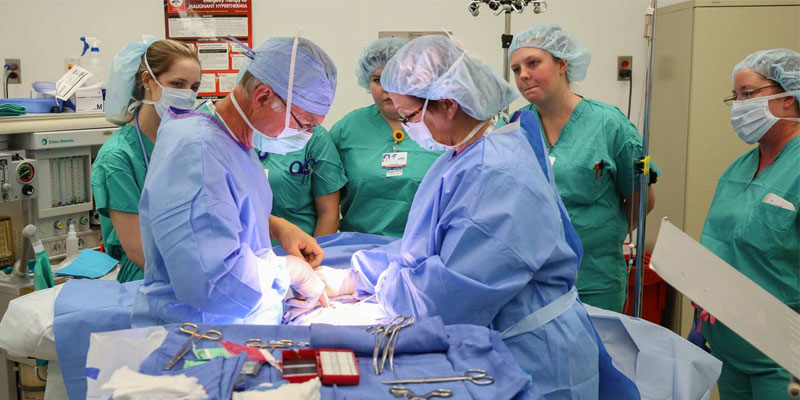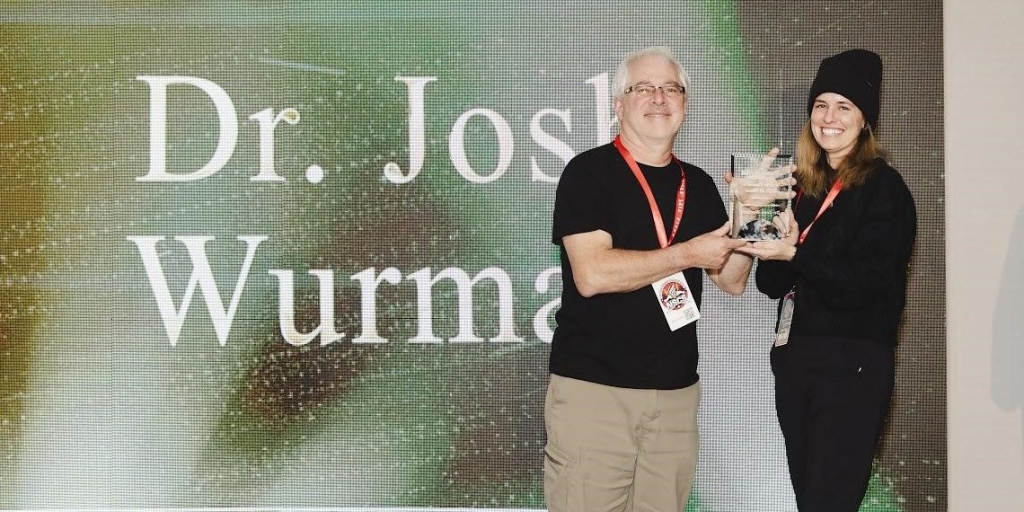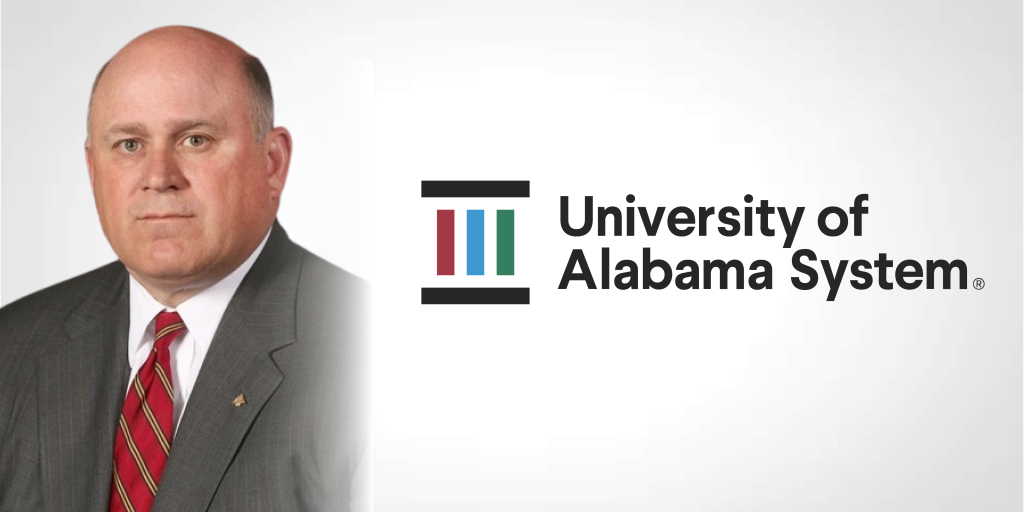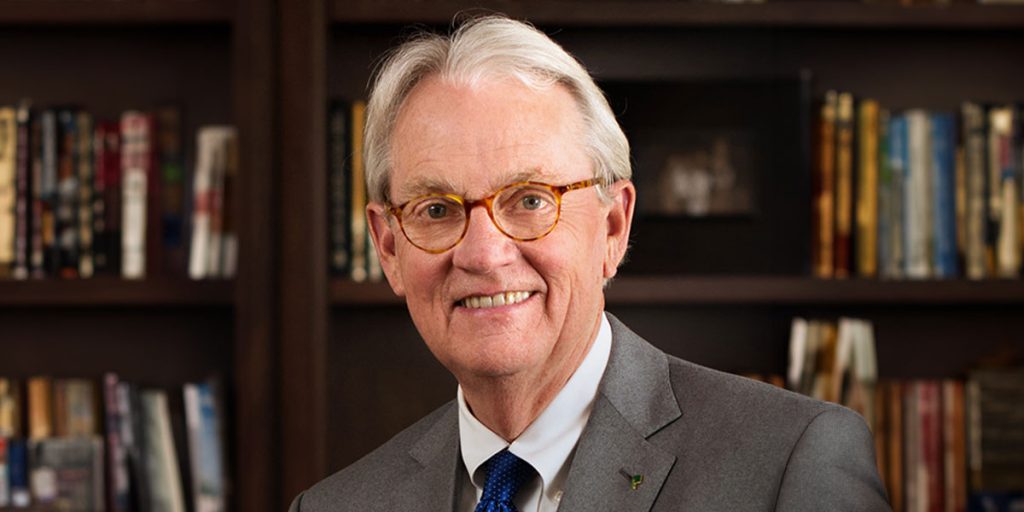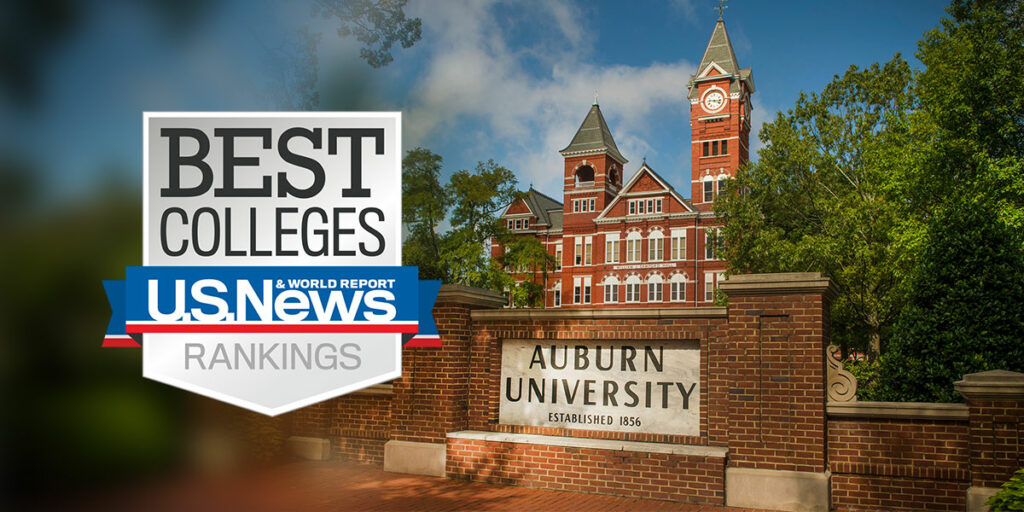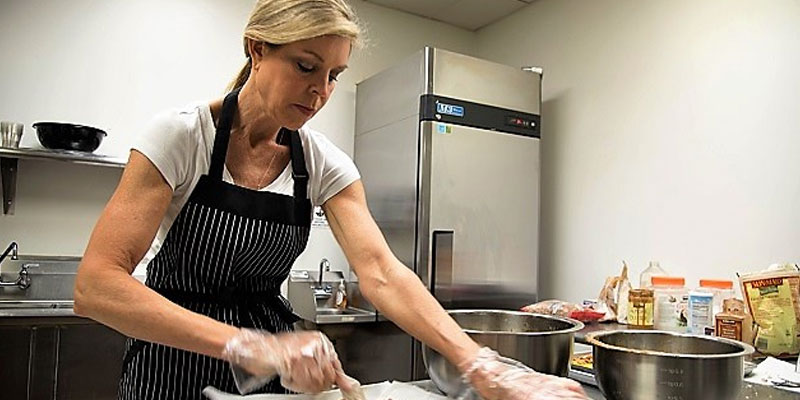Clinical simulations are an integral part of the curriculum in the College of Nursing at the University of Alabama in Huntsville (UAH), with most taking place in the College’s Learning and Technology Resource Center (LTRC). This 10,615-square-foot mock hospital includes, among other resources, seven high-fidelity simulation laboratories dedicated to giving nursing students real-world clinical experience long before they begin their professional careers in healthcare. This summer, however, the students in the College’s perioperative elective got the chance to hone their skills at Decatur Morgan Hospital, where they worked alongside retired general surgeon Dr. Kenneth Chandler as he performed an open appendectomy on a SynDaver surgical model.
“Students have incredible experiences in the clinical setting as they work alongside seasoned perioperative nurses, but due to the high-stakes nature of the surgical environment for patients, it is not possible for students to function independently in perioperative nursing roles,” says Dr. Donna Guerra, a clinical assistant professor in the College of Nursing and a former perioperative nurse who teaches the perioperative elective. “But thanks to Dr. Chandler and Decatur Morgan Hospital, this event allowed them to perform their roles in the safe environment of a simulation while immersing them in the most realistic experience we can provide.”
Five nursing majors – Kecia Winkleman, Terra Davis, Rebecca Shores, Morgan White, and Rachel Pierce – participated in the event, with each assuming a role in the various perioperative areas related to the surgery. “Two students cared for the simulated patient in the pre-operative unit, providing nursing care that a typical general surgery patient would require,” says Dr. Guerra. “This included nursing assessments, obtaining a medical and surgical history, starting IV lines, and administering medications.” Two more students filled roles as nurses in the operating room, positioning and prepping the patient, as well as monitoring and maintaining a sterile environment. And the last, she says, “was assigned to the role of the recovery room nurse, monitoring and providing nursing care for the patient emerging from anesthesia and during the immediate post-operative phase.”
In addition to Dr. Chandler, the students also interacted with the hospital’s perioperative nurses and other surgical specialists, as well as members of the pre-operative and post-anesthesia care units, providing them valuable exposure to the teamwork and collaboration required of a surgical procedure. “This inclusion of interprofessional education added another layer to the simulation by giving students insight into the dynamics across disciplines within the same healthcare environment,” says Dr. Guerra, who watched the surgery with her fellow LTRC staffers, a handful of hospital administrators, and Decatur Mayor Tab Bowling. “It allowed them to see firsthand how important it is for everyone to work together to provide comprehensive, patient-centered care while at the same time executing their own assigned tasks.”
As for the students themselves, the experience proved even more indelible than Dr. Guerra could have hoped when first laying the groundwork for this event more than a year ago. “The SynDaver simulation was uncharted territory for everybody, as it’s not every day that you can use an actual hospital for the setting of a simulation,” says Shores. “It was amazing to see how well we all learned throughout our time at Decatur Morgan Hospital and were able to put it into our roles of the simulation.” Davis agrees. “The simulation allowed us to apply the skills and knowledge that we’ve learned while working as a team and providing safe patient care,” she says, noting that she can now “definitely” see herself as an operating nurse once she graduates. As for Winkleman, she considers the simulation “a great learning experience,” adding that she hopes future students “will be able to have the same opportunity.”
She may not have long to wait. Dr. Guerra is already planning to make the event a regular feature of the perioperative elective going forward – and she has the full support of the College’s dean, Dr. Marsha Howell Adams.
“The College of Nursing believes in providing our students with hands-on clinical experiences that connect the dots between classroom and clinical,” says Dr. Adams, a longtime proponent of concept-based learning and interprofessional education. “The perioperative elective, one of the five clinical electives offered each summer, strengthens the students’ knowledge base regarding team-based care and role specialization. These electives set UAH’s College of Nursing a part from other nursing programs.”
(Courtesy of University of Alabama in Huntsville)




